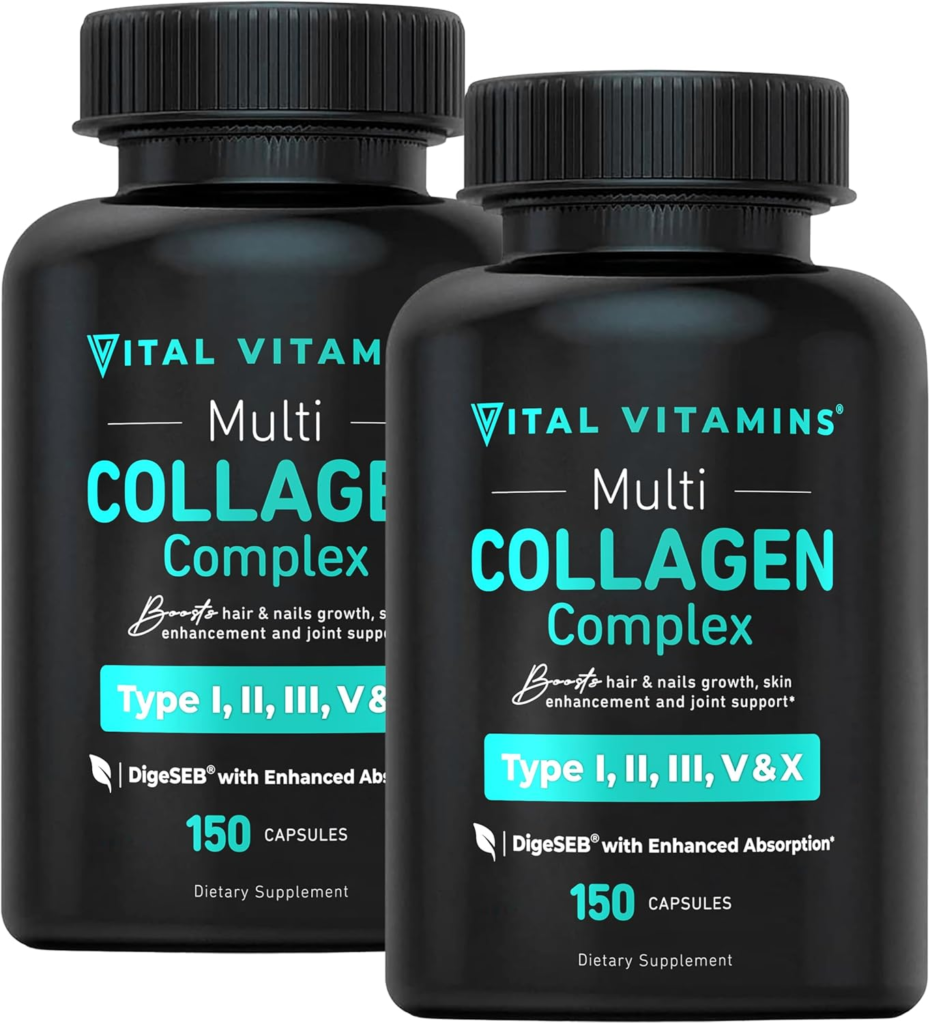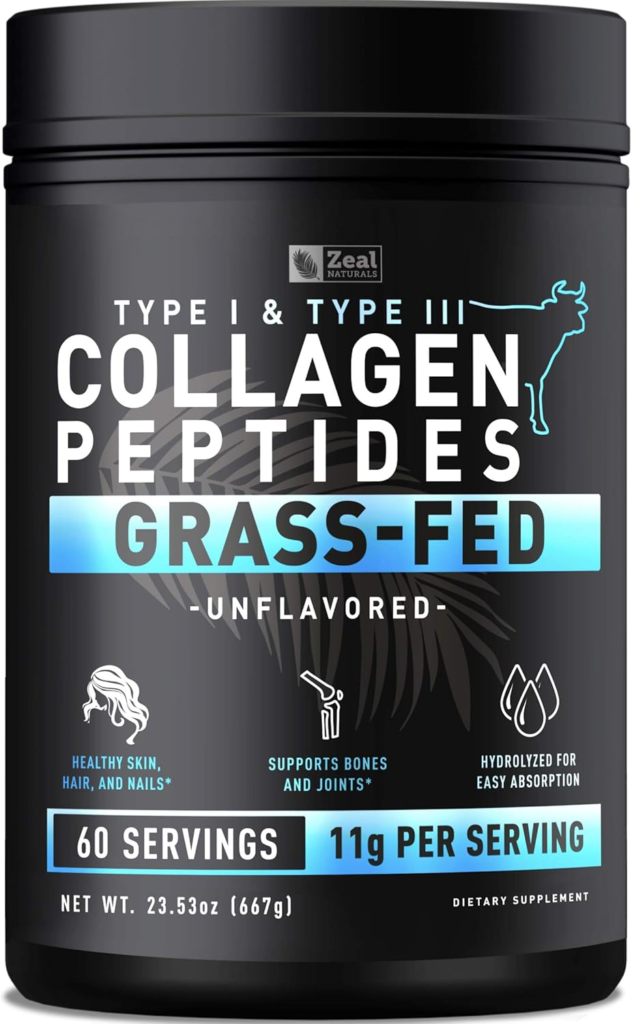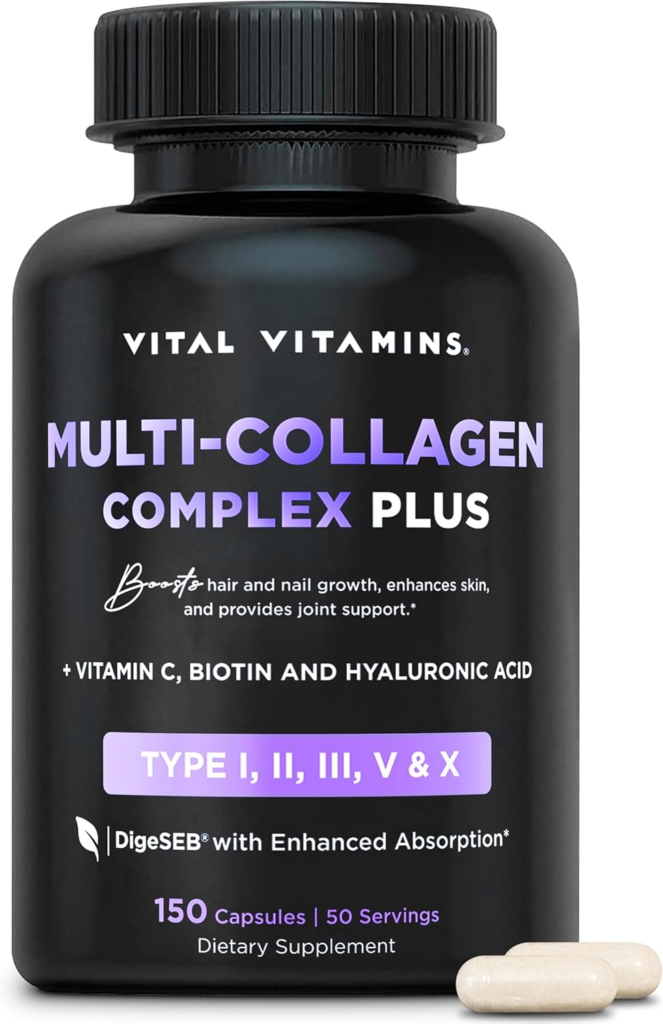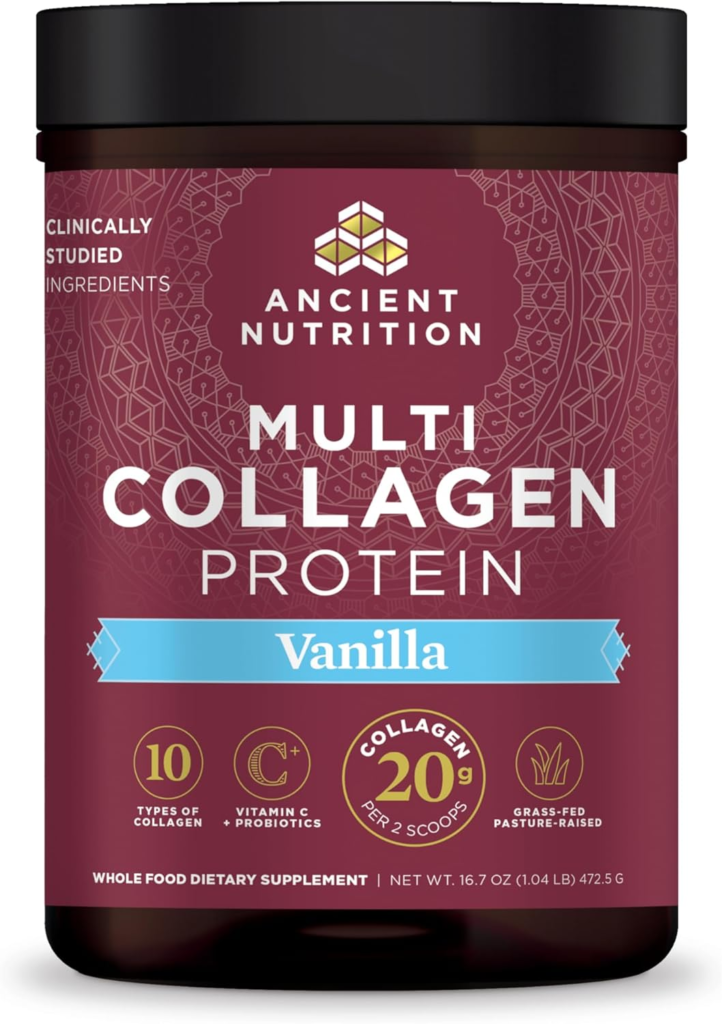Collagen is a fundamental protein that provides structure to various tissues in our bodies, including skin, bones, and connective tissues. As we age, the production of collagen naturally declines, leading to visible signs of aging such as wrinkles, sagging skin, and joint discomfort. Understanding when and why this decline occurs, especially in women, can help in taking proactive steps to maintain healthy collagen levels.
When Does Collagen Production Decline in Women?
Collagen production begins to decrease in the mid-twenties. Research indicates that after the age of 20, the dermis layer produces about 1% less collagen each year. This gradual decline means that by the time individuals reach their 40s, the signs of reduced collagen—such as fine lines and decreased skin elasticity—become more noticeable.
For women, this decline is more pronounced during menopause. The significant drop in estrogen levels during this period accelerates collagen loss. According to the American Academy of Dermatology, women lose approximately 30% of their skin’s collagen in the first five years after menopause.
Factors Accelerating Collagen Loss
Several external factors can further accelerate collagen degradation:
- Sun Exposure: Ultraviolet (UV) rays from the sun break down collagen fibers and hinder new collagen formation, leading to premature aging.
- Smoking: Toxins in cigarettes damage collagen and elastin, reducing skin elasticity and promoting wrinkles.
- Poor Diet: A diet lacking in essential nutrients, particularly antioxidants and vitamins, can impair collagen production.
- Stress: Chronic stress increases cortisol levels, which can degrade collagen over time.
Supporting Collagen Production
While the natural decline of collagen is inevitable, certain lifestyle choices and products can help support and maintain collagen levels:
- Healthy Diet: Consuming foods rich in vitamin C, amino acids, and antioxidants supports collagen synthesis.
- Sun Protection: Regular use of sunscreen prevents UV-induced collagen breakdown.
- Avoid Smoking: Eliminating smoking reduces exposure to toxins that degrade collagen.
- Hydration: Adequate water intake maintains skin moisture and elasticity.
Top Collagen Supplements on Amazon
In addition to lifestyle modifications, incorporating high-quality collagen supplements can further support skin, hair, nail, and joint health. Here are five top-rated collagen supplements available on Amazon:
- Vital Proteins Collagen Peptides Powder with Hyaluronic Acid and Vitamin C This unflavored powder contains hydrolyzed collagen peptides, hyaluronic acid, and vitamin C to support skin hydration and elasticity. It’s easily dissolvable in hot or cold liquids, making it a convenient addition to your daily routine.View on Amazon

- Sports Research Collagen Peptides Powder Sourced from grass-fed, pasture-raised cows, this unflavored powder provides type I and III collagen to support healthy skin, nails, bones, and joints. It’s non-GMO verified and free from artificial ingredients.View on Amazon

- Live Conscious Collagen Peptides Powder This naturally-sourced hydrolyzed collagen powder supports hair, skin, nail, and joint health. It’s unflavored and easily mixes into your favorite beverages.View on Amazon

- Vital Vitamins Multi Collagen Complex Capsules These capsules provide a blend of collagen types I, II, III, V, and X sourced from grass-fed beef, chicken, eggshell, and wild-caught fish. They support a youthful appearance by improving skin elasticity and hydration.View on Amazon

- Ancient Nutrition Multi Collagen Protein Powder`Featuring a blend of hydrolyzed collagen peptides from beef, chicken, fish, and eggshell membrane, this unflavored powder supports skin, nails, and joint health. It also includes probiotics to support gut health.View on Amazon

Incorporating these supplements into your daily regimen can help counteract the natural decline in collagen production. Always consult with a healthcare professional before starting any new supplement to ensure it’s appropriate for your individual health needs.
Conclusion
Understanding the natural decline of collagen production in women, especially during significant life stages like menopause, is crucial for proactive health and skincare. By adopting healthy lifestyle habits and considering high-quality collagen supplements, you can support your body’s collagen levels, promoting healthier skin, hair, nails, and joints as you age. Remember, it’s never too early or too late to start taking care of your collagen health.
Disclaimer
The information contained in this post is for general information purposes only. The information is provided by When Do Women Stop Producing Collagen and while we endeavor to keep the information up to date and correct, we make no representations or warranties of any kind, express or implied, about the completeness, accuracy, reliability, suitability or availability with respect to the website or the information, products, services, or related graphics contained on the post for any purpose.